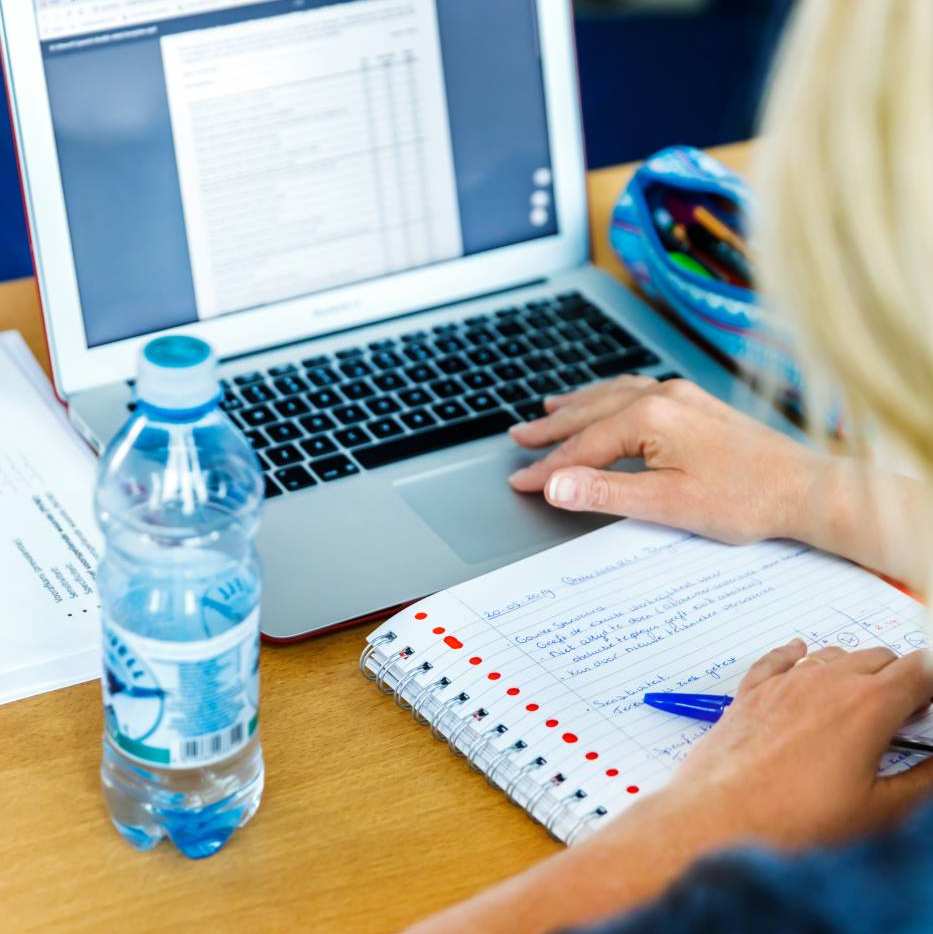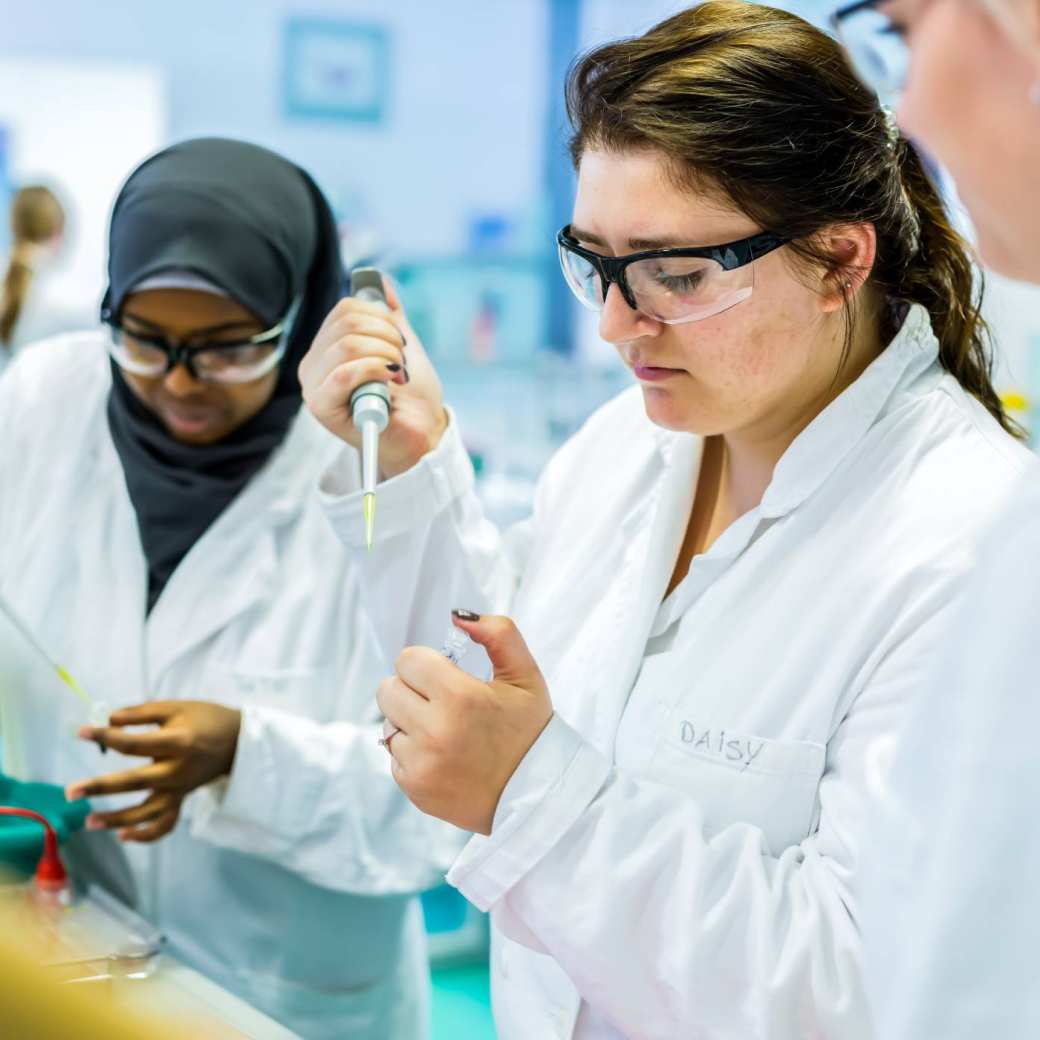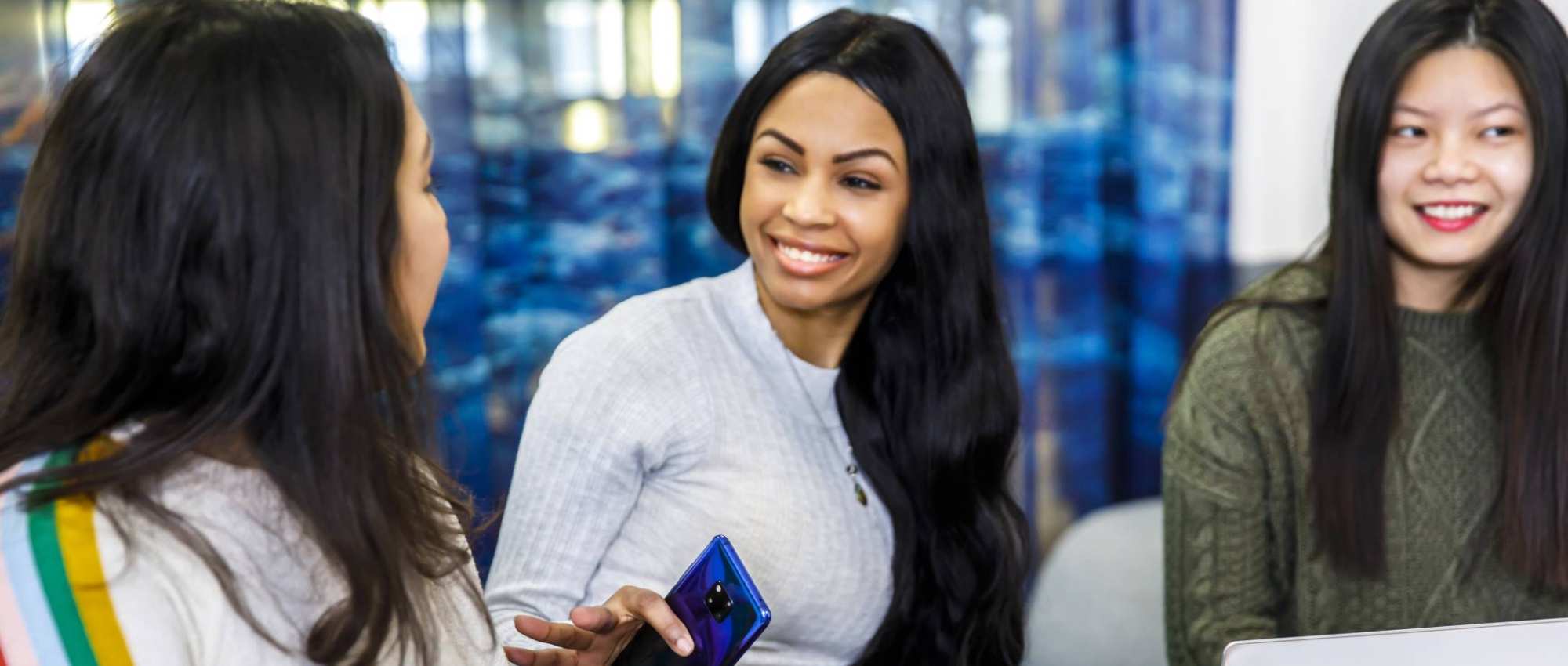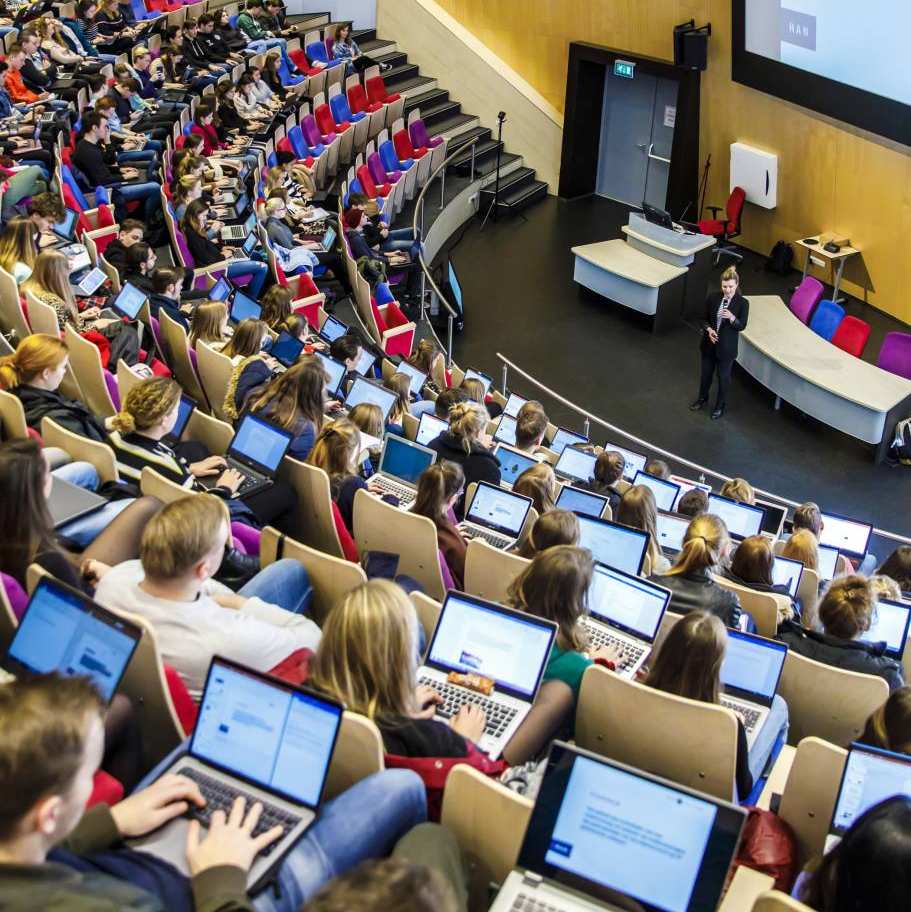Molecular and Biochemical Research
Learn more about DNA and genetic analysis. Gene expression. And the biodiscovery chain. Use what you learn to analyze and carry out genetic testing. To write a report about your findings. And so much more!

The program in a nutshell
Your classes and workshops take place Monday through Friday. In both the lab and in the classroom, you get a feel for the technical and tactical skills needed to perform accurate research. What kind of strategies are needed to clone. What gene expression is all about. And how you use these to improve the lives of others. Animals and humans alike.
At the end of the exchange program, you are tested on your knowledge. Both practical and theoretical. You also plan and carry out a final research project. Complete with professional presentation.

Program details
Learning outcomes
By the end of the Molecular and Biochemical Research exchange program you can:
- analyze and carry out cloning strategies
- plan out your research
- produce biomolecules
- discover gene expression
- purify, detect, characterize proteins/metabolites
- write a clear report about your findings

Competences
You strengthen these competence areas during the program:
- Knowledge development
- Knowledge application
- Research planning
- Effective collaboration

Dutch way of learning
The atmosphere in a Dutch classroom is quite informal and your lecturers are easy to talk to. In fact, at HAN you’re seen as a partner in the learning process. Class sizes are small and your lecturers encourage you to actively participate in class. To ask questions and give your own opinion. They also stimulate you to be creative and to discover things for yourself.

HAN International Intro
Get a good start to your studies during this week of orientation:
- learn about living in the Netherlands
- become familiar with the campus
- get on board with your exchange program
- make new friends!

What about credits and grading?
At HAN we use the European Credit Transfer and Accumulation System, or ECTS. It’s the standard credit system used in higher education across Europe. How does it work? One credit = 28 hours of study. Think of contact hours. Time spent working on assignments. Preparing for exams.
One semester = 30 credits = 840 hours of study. To earn credits, you need to pass your exams. What counts as a pass? A grade of at least 5.5.

Admission
What are the admission requirements? And how do I apply?
